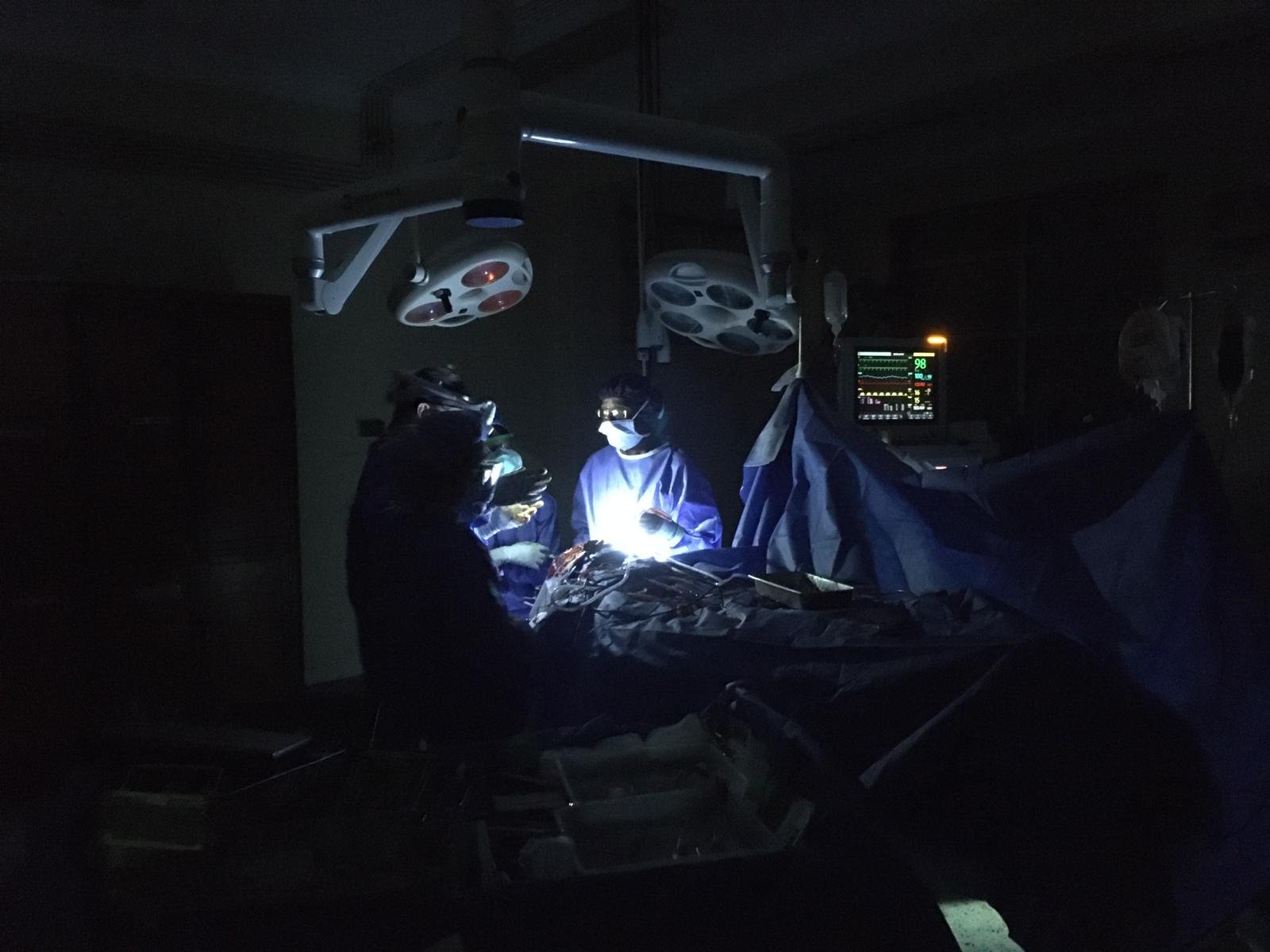
Neurosurgery Publications

Outcomes at Discharge of Pediatric Traumatic Brain Injury (pTBI) in Western Uganda: a Prospective Cohort Study
This study aimed to describe pediatric TBI patients presenting to one regional referral hospital in Uganda and identify factors contributing to unfavorable outcomes.

Assessing the Success and Sustainability of Global Neurosurgery Collaborations: Systematic Review and Adaptation of the Framework for Assessment of InteRNational Surgical Success Criteria
The high unmet neurosurgical burden in low- and middle-income countries has necessitated multiple global neurosurgical collaborations. We identified and evaluated these collaborations and their peer-reviewed journal publications using a modified version of the Framework for Assessment of InteRNational Surgical Success (FAIRNeSS).

The Scope, Growth, and Inequities of the Global Neurosurgery Literature: A Bibliometric Analysis
We evaluate the evolution and growth of global neurosurgery publications over time, focusing on authors' contributions and impact in low- and middle-income countries (LMICs).

Fulfilling the specialist neurosurgical workforce needs in Africa: a systematic review and projection toward 2030
Africa contributes significantly to the global neurosurgical disease burden but has only 1% of the neurosurgery workforce. This study appraises Africa's neurosurgical workforce and training capacity and projects the workforce capacity by 2030.

Machine Learning for Predicting Discharge Disposition After Traumatic Brain Injury
To generate machine learning (ML) models with a strong predictive capacity for trichotomized discharge disposition, an outcome not previously used in TBI prognostic models. The outcome can be a proxy for patients' functional status, even in mild and moderate patients with TBI.

Machine Learning for Predicting In-Hospital Mortality After Traumatic Brain Injury in Both High-Income and Low- and Middle-Income Countries
To develop ML models to predict in-hospital mortality for both the high-income country (HIC) and the low- and middle-income country (LMIC) settings.

Deep Learning to Predict Traumatic Brain Injury Outcomes in the Low-Resource Setting
With the ultimate goal of enhancing TBI triage in LMICs, we aim to develop the first deep-learning model to predict outcomes after TBI and compare its performance with that of less complex algorithms.

CRASH and IMPACT in Traumatic Brain Injury Models Compared with a Machine Learning-Based Predictive Model from Tanzania
We aim to externally validate CRASH and IMPACT on our TBI registry and compare their performances to that of the locally derived model (from the Kilimanjaro Christian Medical Center [KCMC]).

The Role of Nonprofit and Academic Institutions in Global Neurosurgery
In this chapter, we explore the history, current work, and future directions for nonprofit and academic institutions in global neurosurgery. While we have tried to be holistic, we have undoubtedly left out efforts that deserve to be mentioned. Thus, this chapter is not meant to capture every example of the amazing work done worldwide; rather, the examples are pulled by the authors to illustrate the key points.